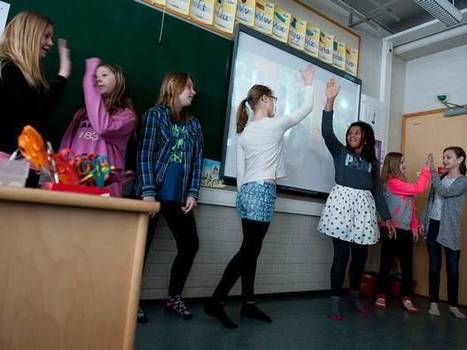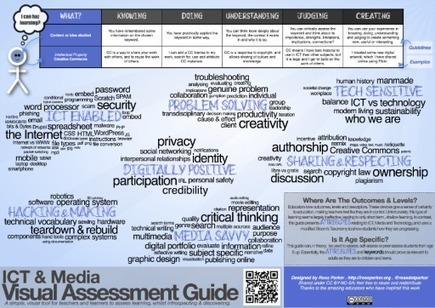For years, Finland has been the by-word for a successful education system, perched at the top of international league tables for literacy and numeracy.
.
Pasi Silander, the city’s development manager, explained: “What we need now is a different kind of education to prepare people for working life.
.
“Young people use quite advanced computers. In the past the banks had lots of bank clerks totting up figures but now that has totally changed.
.
“We therefore have to make the changes in education that are necessary for industry and modern society.”
.
Subject-specific lessons – an hour of history in the morning, an hour of geography in the afternoon – are already being phased out for 16-year-olds in the city’s upper schools. They are being replaced by what the Finns call “phenomenon” teaching – or teaching by topic. For instance, a teenager studying a vocational course might take “cafeteria services” lessons, which would include elements of maths, languages (to help serve foreign customers), writing skills and communication skills.
.
More academic pupils would be taught cross-subject topics such as the European Union - which would merge elements of economics, history (of the countries involved), languages and geography.
.
Via Gust MEES



 Your new post is loading...
Your new post is loading...












This is what school librarians have been doing forever!
The world around us is not labelled or divided in categories, then why is academic content? Can we not relate topics and elaborate meaning on the basis of relationships and intertwined data?
I wonder if this would work in the U.S.? Also, in Finland, students do not take standardized tests until the end of high school (Zhao, 2012, p. 111), so thankfully, perhaps the drill and kill process is diminished.
*Zhao, Y. (2012). World Class Learners.